Are you interested in learning how to live off the grid? If so, you’re in luck! This blog post will provide you with a beginner’s guide to living off the grid. We’ll discuss everything from setting up your home to generating your own electricity. So, whether you’re just curious about off-grid living or are ready to take the plunge, this post has got you covered!
Assuming you want to live off the grid in an environmentally sustainable way:
1) Determine Why You Want to Live Off the Grid
There are many reasons why people might want to live off the grid. Maybe you’re interested in saving money on your energy bill or reducing your reliance on fossil fuels. Perhaps you want to live a simpler life, unplugged from the hustle and bustle of modern society. Whatever your reasons, it’s important to be clear about why you want to make the switch before you take the plunge.
Take some time to sit down and think about your motivations for wanting to live off the grid. Once you have a clear understanding of why you want to make this change, you’ll be better equipped to plan and execute your off-grid lifestyle.
Recommended: States With Laws (and What They Are) About Living Off The Grid
Are you motivated by wanting to save money? Are you looking to reduce your reliance on fossil fuels? Do you want to live a simpler life away from the hustle and bustle of modern society? Whatever your reasons, it’s important to be clear about why you want to make the switch before you take the plunge.
2) Do Your Research
Before you can start making any changes, it’s important to do your research and learn about what living off the grid actually entails. You’ll need to familiarize yourself with topics like renewable energy sources, water conservation, and sustainable gardening. There are many resources available online and in libraries to help you get started.
You might also want to consider talking to people who have already made the switch to off-grid living. These individuals can provide you with valuable insights and first-hand knowledge about what it’s really like to live off the grid.
Don’t make the mistake of thinking that living off the grid is easy. It’s important to be prepared for the challenges you’ll face, such as sourcing your own food and water and generating your own electricity.
3) Assess Your Home’s Suitability
Not all homes are equally well-suited for living off the grid. If you’re attached to your current home, you may be able to make some modifications to make it work. However, it’s important to realistically assess whether your home is a good fit for an off-grid living before making any major changes.
Some of the factors you’ll need to consider include:
- The climate in your area
- The amount of sunlight your home receives
- The availability of water
- The type of soil on your property
If you’re not attached to your current home, you may want to consider buying or building a property that is better suited for living off the grid.
4) Choose Your Energy Source
One of the most important decisions you’ll make when living off the grid is choosing your energy source. Solar power is one of the most popular options, but there are others to consider as well, such as wind or hydropower. It’s important to do your research and choose an energy source that will be reliable and sustainable in your particular location.
If you’re not sure where to start, consider talking to a renewable energy expert. They’ll be able to help you assess your needs and find the best energy solution for your situation.
There are many forums for survivalists where you can connect with others to ask these questions.
5) Collect Water
Water is one of the most essential things you need for survival, so it’s important to have a plan for collecting and storing water when you’re living off the grid. If you have access to a river or stream, you can collect rainwater, or even construct a small dam to create your own personal reservoir.
It’s also important to consider how you’ll purify the water you collect. There are a number of different methods you can use, such as boiling, filtering, or using chemicals.
No matter what method you choose, it’s important to have a plan in place so that you always have access to clean water.
6) Grow Your Own Food
One of the great things about living off the grid is that you can become more self-sufficient by growing your own food. If you have the space, consider planting a garden to supply yourself with fresh fruits and vegetables. You can also learn to preserve food so that you have a stock of non-perishable items for times when fresh produce is scarce.
Recommended: Here’s How to Grow Food Year-Round in a $300 Underground Greenhouse
For those with limited space, there are still options for growing your own food. Consider planting herbs or vegetables in pots so that you can have a small supply of fresh produce even if you don’t have a lot of space to work with.
No matter how big or small your garden is, it’s important to choose plants that will be well-suited to your climate and soil type. Doing a bit of research beforehand will help you ensure that your garden is successful.
Living off the grid doesn’t have to be an all-or-nothing proposition. There are many small changes you can make to start living a more sustainable lifestyle. Even if you’re not ready to completely disconnect from the grid, you can still make a difference by reducing your reliance on traditional utilities.
Recommended: Survival Foods That Will Last: 31 Pantry Essentials
7) Raise Animals
Another way to become more self-sufficient is to raise animals for food and other resources. Chickens are a popular choice, as they provide both eggs and meat. But there are many other options to consider as well, such as goats, rabbits, or even bees.
If you decide to raise animals, it’s important to do your research beforehand. Make sure you understand the needs of the particular species you’re interested in and create a plan for how you will care for them.
You’ll also need to make sure that you’re following any local regulations regarding keeping livestock. In some areas, there may be restrictions on the types of animals you can keep or the number of animals you’re allowed to have.
You may even get to the point where your property qualifies as a ranch, farm, or homestead. This can open up a whole new world of opportunities for self-sufficiency and sustainability.
8) Manage Waste
When you’re living off the grid, it’s important to be mindful of the waste you produce. You’ll need to find creative ways to recycle or reuse the things you would normally throw away. For example, you can compost your food scraps to create rich fertilizer for your garden.
You’ll also need to think about how you’ll dispose of human waste. If you’re not connected to a septic system, you’ll need to dig a latrine or construct an outhouse. It’s important to be aware of the potential health hazards associated with human waste and take steps to avoid contamination. You also need to be aware of local laws and regulations that may impact your plans.
9) Stay Connected
Just because you’re living off the grid doesn’t mean you have to completely disconnect from the world. There are many ways to stay connected with friends and family, even if you’re miles away from civilization. You can use satellite phones or two-way radios for communication, and there are even options for setting up an off-grid internet connection.
You can even look into connecting through Starlink which is a space-based internet communication system.
Of course, you can always choose to disconnect from the world if you prefer. But it’s nice to know that you have the option to stay connected if you want to.
10) Be Prepared
One of the most important things to remember when living off the grid is to be prepared for emergencies. This means having a stock of non-perishable food, water, and medical supplies on hand in case you’re cut off from help for an extended period of time. It’s also a good idea to familiarize yourself with basic survival skills like building a fire and purifying water.
Making the switch to living off the grid can be a daunting task, but it’s definitely doable with some planning and preparation. By following these steps, you’ll be well on your way to enjoying a simpler, more sustainable lifestyle.
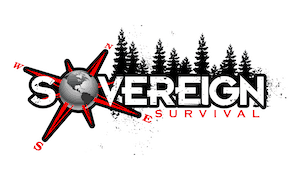
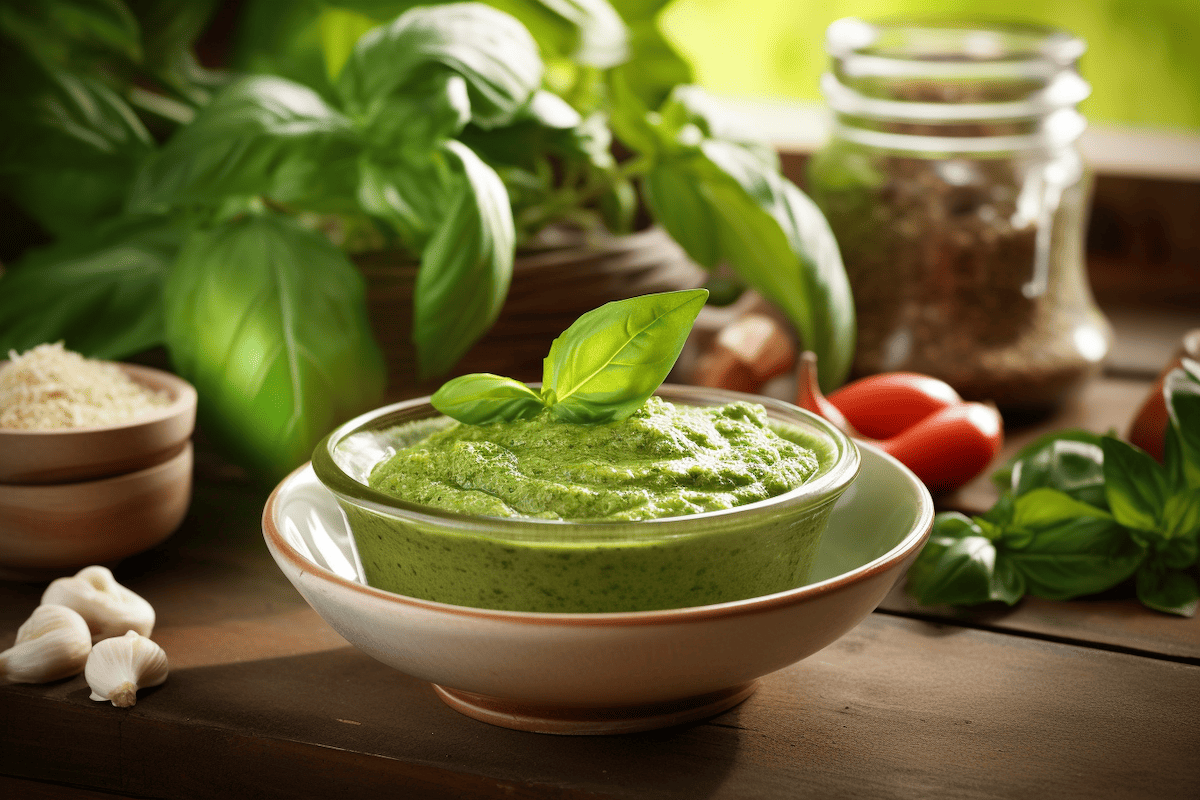
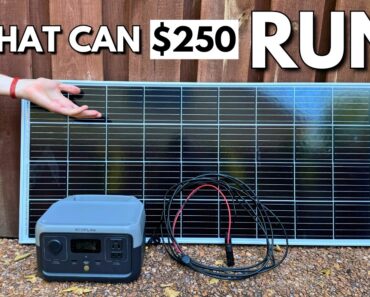
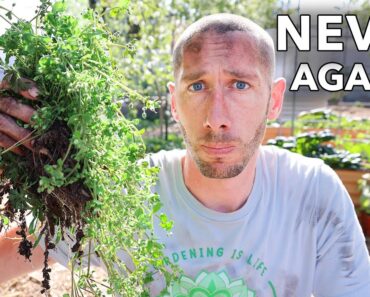
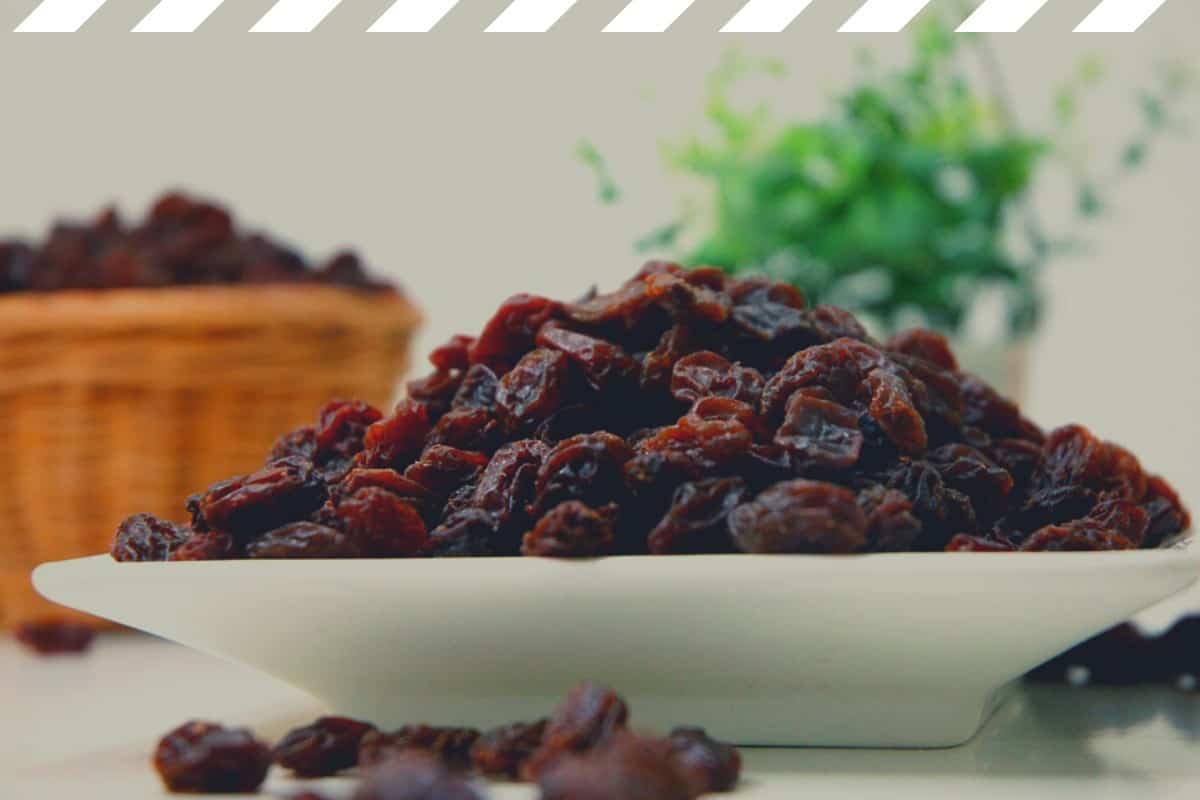
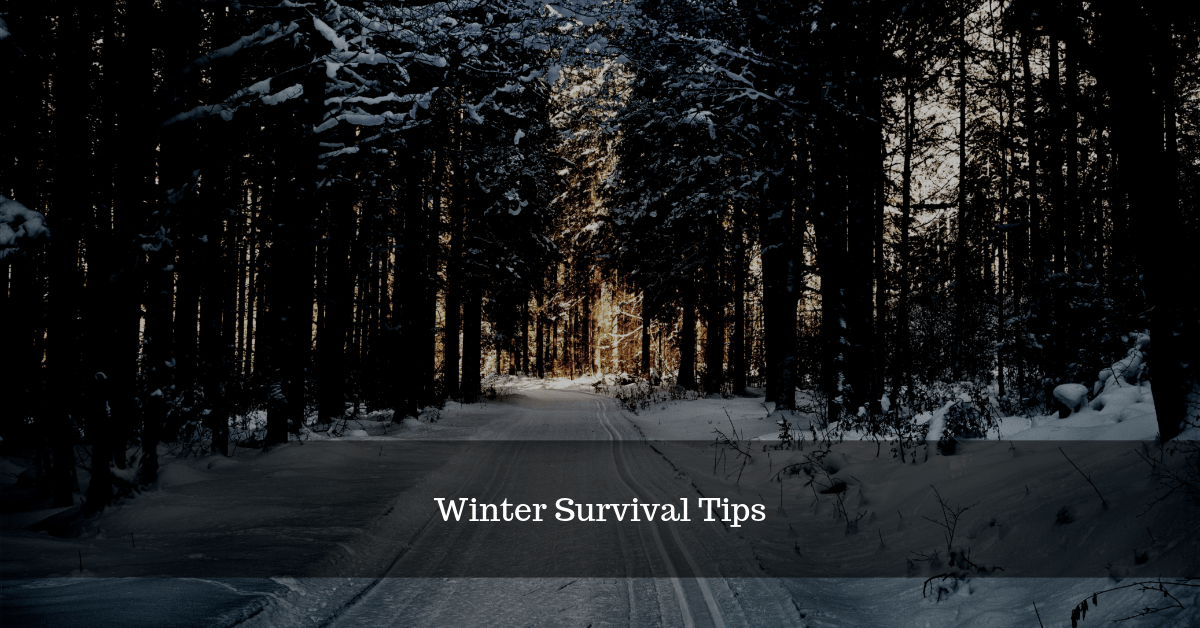
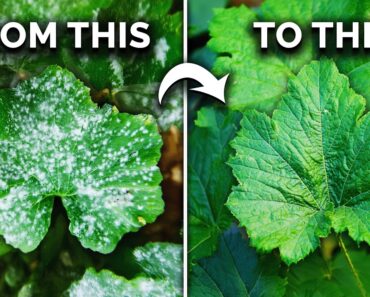
No Responses